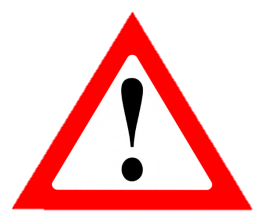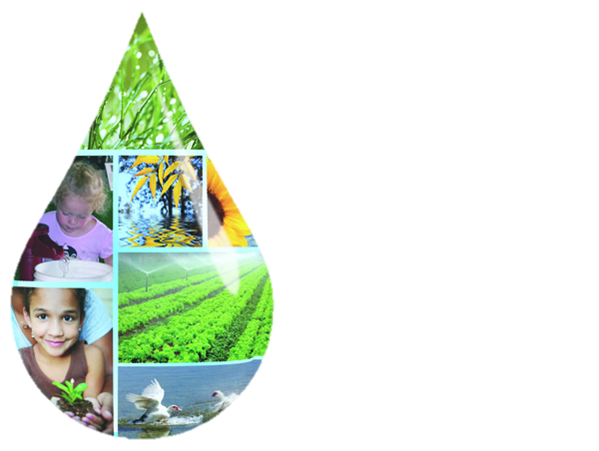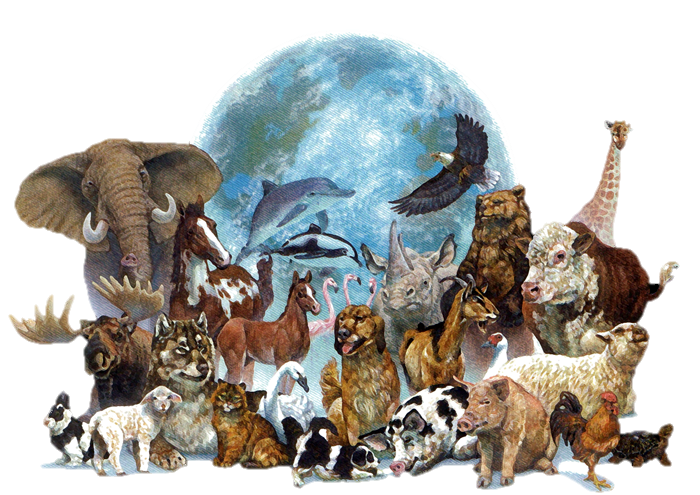What is the water?
Water is a transparent, tasteless, odorless, and nearly colorless chemical substance
that is the main constituent of
Earth's streams, lakes, and oceans,
and the fluids of most living
organisms. Its chemical formula is
H2O, meaning that each of its
molecules contains one oxygen and two hydrogen atoms that are connected by covalent bonds.
Can we live without water?
Sure NO
We all need water to live… … and not just any water We all need safe, clean water.
Health and pollution
Water fit for human consumption is called drinking water or potable water. Water that is not potable may be made potable by filtration or distillation, or by a range of other methods.
Water that is not fit for drinking but is not harmful for humans when used for swimming or bathing is called by various names other than potable or drinking water.
Bacterial diseases
Untreated drinking water and fecal contamination of water is the major cause of diarrhea. Campylobacter jejuni spread diarrhea 4% to 15% worldwide. Fever, abdominal pain, nausea, headache are major symptoms of diarrhea. Good hygienic practices and use of antibiotics can prevent this disease. Disease cholera is caused by the contaminated water. This bacterium produces toxins in digestive tracts. The symptoms of this disease are watery diarrhea, nausea, vomiting and watery diarrhea leads to dehydration and renal failure. Anti- microbial treatment is used to get rid of this disease.
Viral diseases

Hepatitis is a viral disease caused by contaminated water and infects the liver. Jaundice, loss of appetite, fatigue, discomfort and high fever are symptoms of hepatitis. If it persists for a long time it may be fatal and results in deathMost people don’t show any
symptoms but some symptoms are
headache, high fever, muscle stiffness,
convulsions however in severe cases coma
and paralysis results. No vaccine is available for this disease .
Effects on life

From a biological standpoint, water has many distinct properties that are critical for the proliferation of life. All known forms of life depend on water. Water is vital both as a solvent in which many of the body's solutes dissolve and as an essential part of many metabolic processes within the body. Metabolism is the sum total
of anabolism and catabolism. In anabolism,water is removed from molecules (through energy requiring enzymatic chemical reactions) in order to grow larger molecules (e.g. starches, triglycerides and proteins for storage of fuels and information. Without water, these particular metabolic
processes could not exist.
10 Amazing Water Facts You Should Know
§30% of fresh water is in the ground.
§1.7% of the world’s water is frozen and therefore unusable.
§Approximately 400 billion gallons of water are used in the United States per day.1
§Nearly one-half of the water used by Americans is used for thermoelectric power generation.
§In one year, the average American residence uses over 100,000 gallons (indoors and outside).
•Children in the first 6 months of life consume seven times as much water per pound as the average American adult.
•The United States draws more than 40 billion gallons (151 million liters) of water from the Great Lakes every day—half of which is used for electrical power production.
•85% of the world population lives in the driest half of the planet.
•Thirty-six states are anticipating •water shortages by 2016.

The Importance Of Water and Human Health
Water makes up more than two thirds of the weight of the human body, and without it, humans would die in a few days. The human brain is made up of 95% water, blood is 82% and lungs 90%. A mere 2% drop in our body’s water supply can trigger signs of dehydration:fuzzy short-term memory, trouble with basic math, and difficulty focusing
on smaller print.
Effects of water pollution on human health

There is a greater association between pollution and health problem. Disease causing microorganisms are known as pathogens and these pathogens are spreading disease directly among humans. 10% of the population depends on food and vegetables that are grown in contaminated water . Many waterborne infectious diseases are linked with fecal pollution of water sources and results in fecal-oral route of infection. Health risk associated with polluted water includes different diseases such as respiratory disease, cancer, diarrheal disease, neurological disorder and cardiovascular disease.
Water in Moldova
§The hydrographic net of Republic of Moldova is represented trough 3 621 rivers.
§The Nistru basin in the east covers about 57 percent of the country. The Nistru has a total length of 1 352 km of which 660 km are on the territory of the Republic of Moldova. The main affluents of the Nistru river in Republic of Moldova are the Botna river (152 km), the Bic river (155 km) and the Reut river (286 km).
§The Danube basin in the west covers about 35 percent of the country. The Prut river, a tributary of the Danube The Prut has a total length of 967 km of which 695 km are on the territory of the Republic of Moldova.
Water and animals

Just like us, and every other living being, animals need water to survive. Hunger strikers all around the world are for example assured of a quick death if they do not hydrate.
They do, however, require a steady supply of water to fulfill vital functions, from transportation to lubrication and temperature regulation. This
is due to the fact that their bodies consist mostly of water. But all animals do not
show the same degree of dependence towards water.
Why do we need to save water?

Most of the Earth’s surface is covered in water. You might think that there is plenty of water for everyone to use. But did you know that most of the water on earth is ocean water? Ocean water is very salty. You can’t drink it or use it for growing plants, cooking food, bathing, or washing clothes. The water we use for these things iscalled freshwater. It comes from rain or snow that falls in rivers and lakes. It is also found stored in rocks beneath the round.
What are some ways to conserve water?
•Turn the water off while you are brushing your teeth or washing your face.
•Check your home and school for leaky faucets, and tell an adult if you find one that drips. •Take shorter showers, and don’t fill the tub all the way when you take a bath. •Don’t leave the garden hose on all night
•when watering plants.
•washing machine are full each time
• your family does a load.

コメント